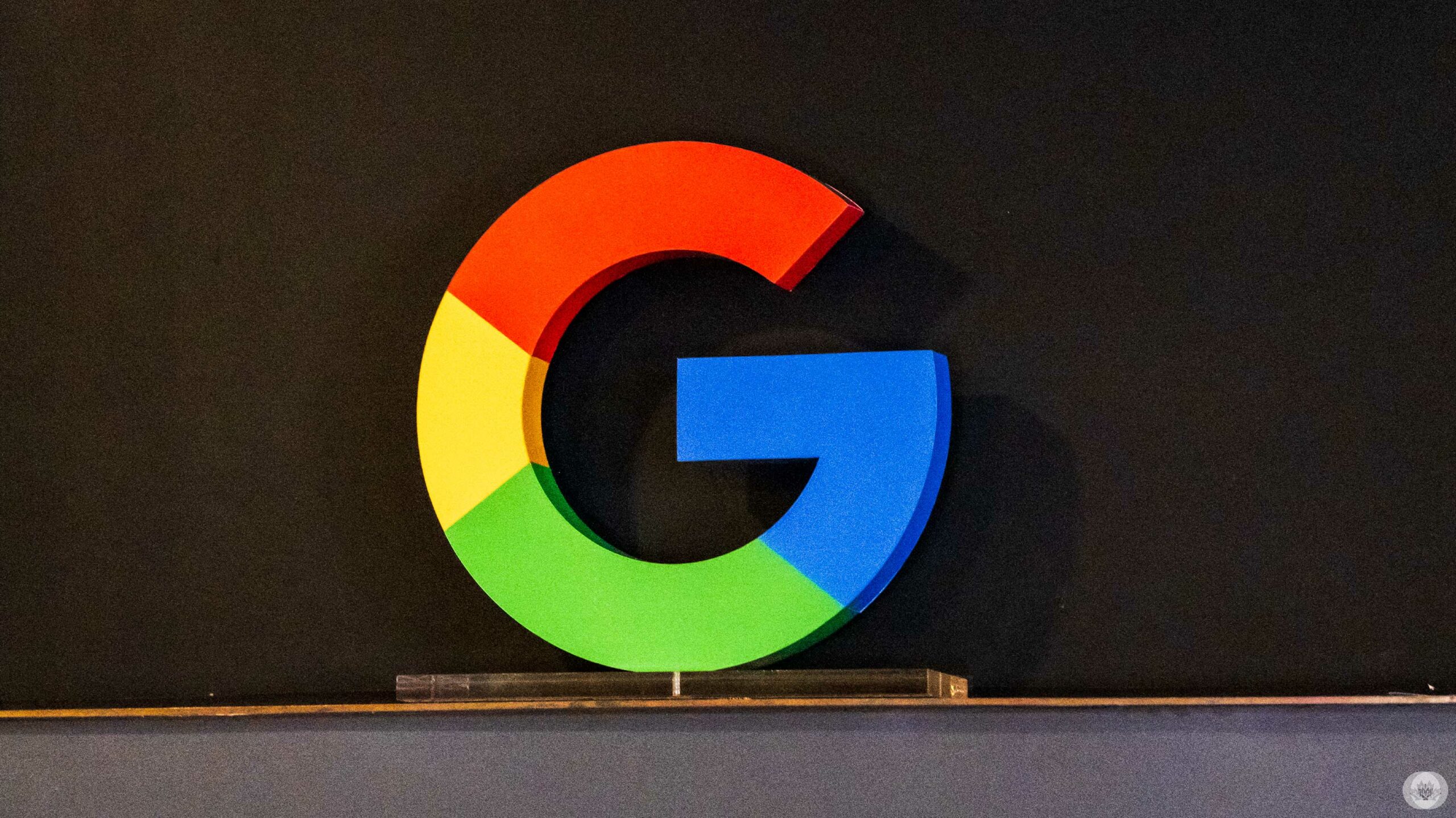
Google is set to provide its own chatbot technology to the general public in “the next weeks and months” in response to ChatGPT’s popularity. The Microsoft-backed artificial intelligence chatbot became a worldwide sensation after it was made freely available to users. Sundar Pichai, the chief executive of Alphabet, the parent company of Google, stated that the usage of AI has reached an “inflexion point” and that the business is “very well positioned” in this area.
Google was testing Apprentice Bard, an AI chatbot that is similar to ChatGPT
Pichai discussed the two sign language models that the business has created, LaMDA and PaLM, as the former is likely to be made available to the general public. Earlier this week, CNBC reported that Google was testing Apprentice Bard, an AI chatbot that is similar to ChatGPT and makes use of LaMDA technology. LaMDA gained notoriety last year after a Google engineer who claimed that LaMDA was “sentient” was first suspended and then fired.
The abbreviation for the language model used in conversation applications is LaMDA, and Google had deemed Blake Lemoine’s assertions regarding it to be “wholly untrue.” In a conference call held with the investors of Alphabet, Pichai said, “In the coming weeks and months, we’ll make these language models available, starting with LaMDA so that people can engage directly with them.”
Pichai also indicated that the tech giant is likely to integrate chatbot technology
Pichai also indicated that Google is likely to integrate chatbot technology. “Very soon, people will be able to interact directly with our newest, most powerful language models as a companion to search in experimental and innovative ways,” he added. A set of LaMDA demos was released by Google last year as part of an “AI Test Kitchen”.
Alphabet’s UK-based AI unit DeepMinds’ achievements were also flagged by Pichai as he stated that its database of “all 200m proteins known to science has been used by 1 million biologists around the world”. Michael Wooldridge, a professor of computer science at the University of Oxford, claimed that when ChatGPT was released, OpenAI “placed a firework” under the big IT businesses around the globe.
“They achieved that with a fraction of the number of employees of big tech companies, which must have caused consternation in Silicon Valley boardrooms. My guess is we’ll see a massive pivot in other big tech companies towards large language models and generative AI – and a frantic rush to get products to market and secure a user base,” the professor stated.






